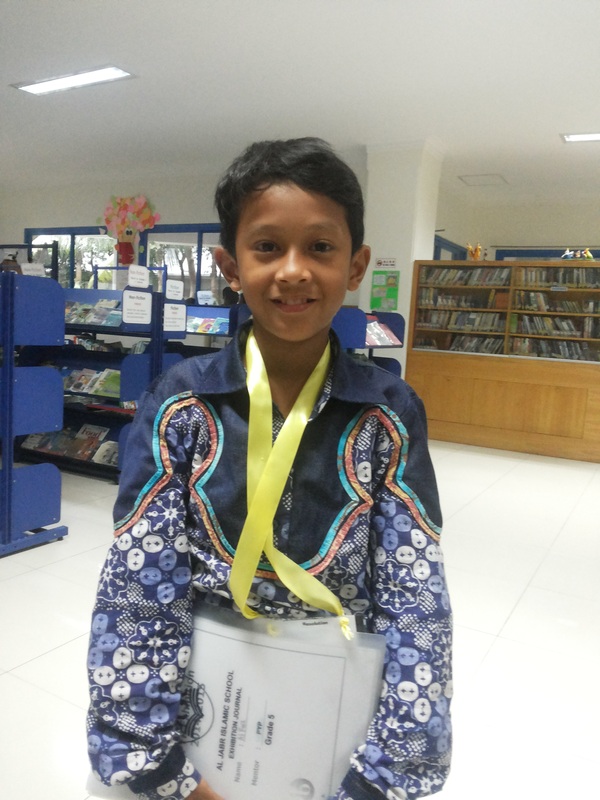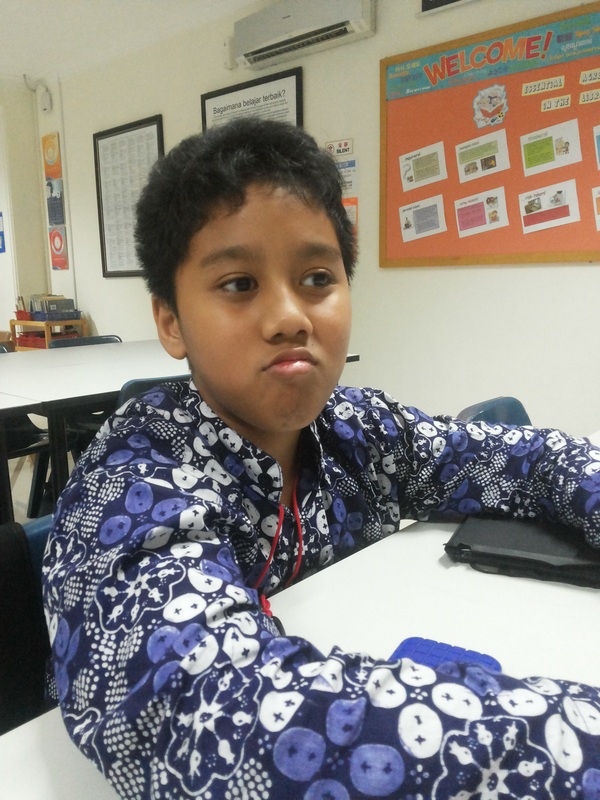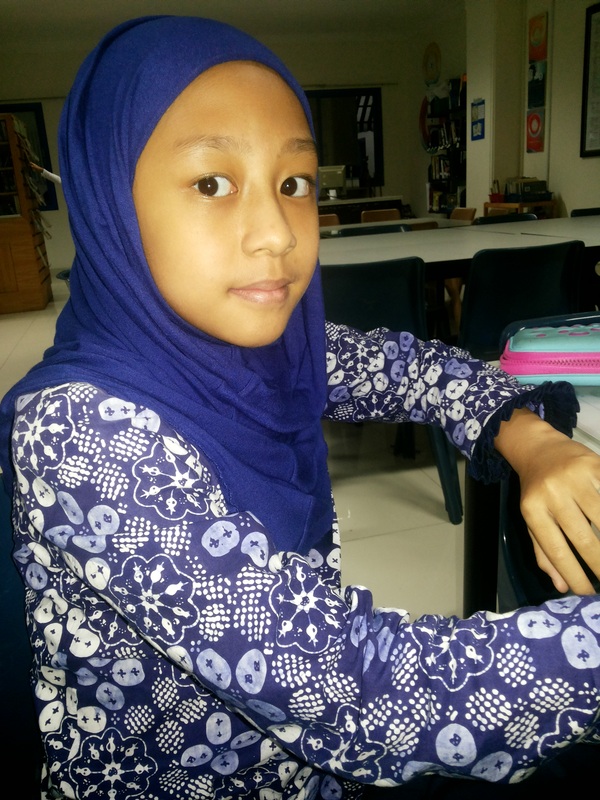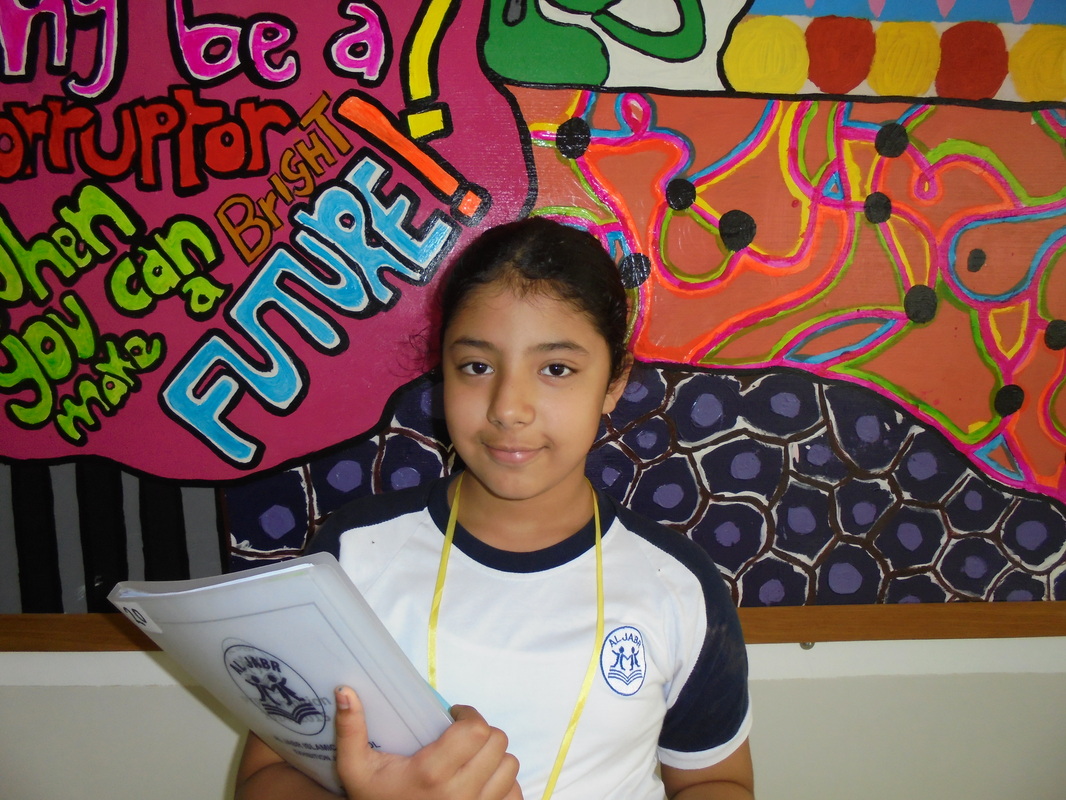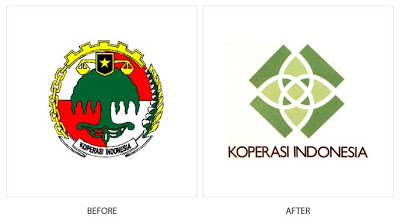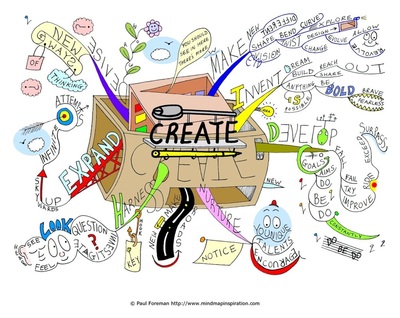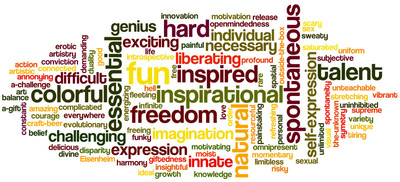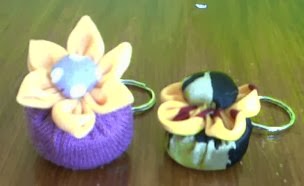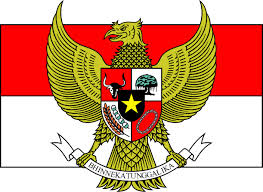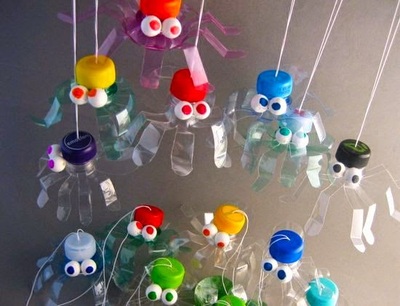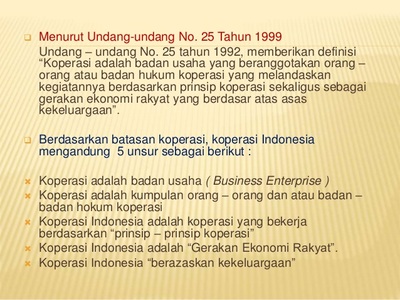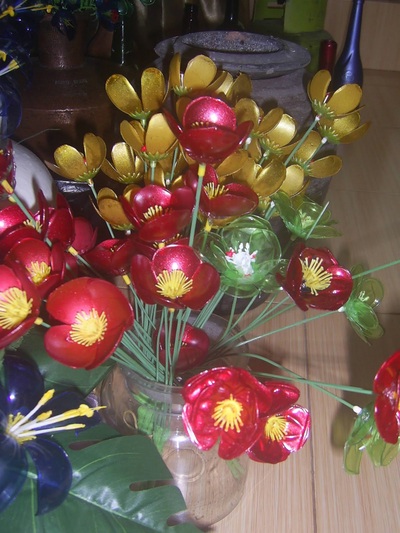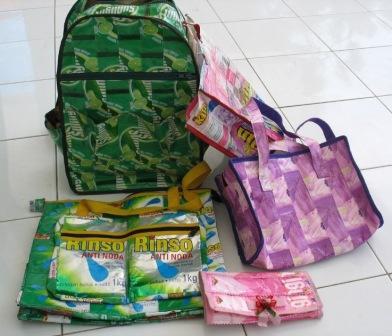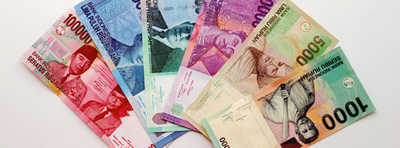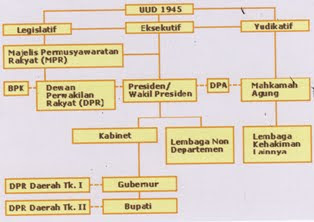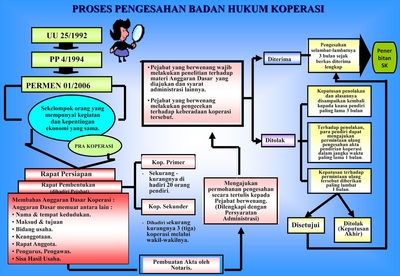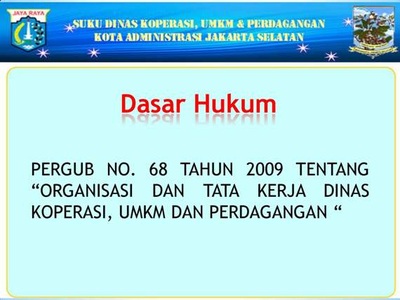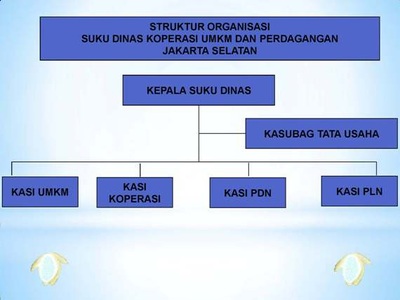Creative industry
The students
Central Idea:
Government systems influence the lives of citizens
Lines of Inquiry:
Learning Outcome:
Government systems influence the lives of citizens
Lines of Inquiry:
- How government systems function
- How decision-making practices reflect human right
- Impact of government on citizens
Learning Outcome:
- Recognize the elements of major political systems (for example, monarchy, democracy, dictatorship)
- Examine the right of a person in a particular society affect their responsibility
- Identify and describe means by which citizens can monitor and influence actions of their governments and vice versa
- Explore a range of political systems (for example, local, regional, national or international) and the impact they have on individuals, groups and society.
Inquiry cycle
Tuning in
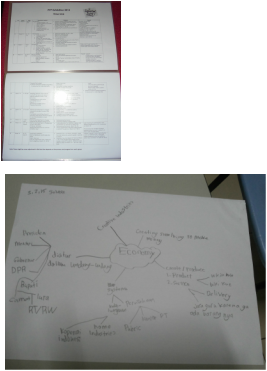
What is economy? what is creative? what is industry? what is creative industry? What are the category of creative industry? why did you choose creative industry? To narrow the topic, the beginning we started to discuss about the major words as our big topic in our exhibition.
What is creative industry?
Creative industries can be defined as a collection of economic activity associated with the creation or use of knowledge and information. Creative industries are also known by other names or also the Creative Economy. Indonesian Trade Ministry stated that the creative industry is an industry that is derived from the use of creativity, skill and talent of individuals to create wealth and jobs to produce and exploit the creativity and inventiveness of the individual.
What is creative industry?
Creative industries can be defined as a collection of economic activity associated with the creation or use of knowledge and information. Creative industries are also known by other names or also the Creative Economy. Indonesian Trade Ministry stated that the creative industry is an industry that is derived from the use of creativity, skill and talent of individuals to create wealth and jobs to produce and exploit the creativity and inventiveness of the individual.
Finding out
|
|
Our supporting resource is http://diskumdagdki.jakarta.go.id/sudin-jakarta-selatan How do government organize the industry? Do we have a system for it? How does it works? Who is person in-charge for each level of system? First field trip. We were visiting : 1. SMESCO On a visit in the building SMESCO, we met with Ms. Mirah Ayu as Marketing Service Agency and Mr. Setiawan Junus Putra as Head of Promotion and Comercial Service. They explain a lot of things about a lot of things about SMESCO building. SMESCO is a continuation of the "Small and Medium Enterprises and Cooperatives", or KUKM - Cooperatives and Small and Medium Enterprises. Smesco Indonesia Company (SIC) was established in March 2007 with the aim: to promote Indonesian superior products to the international world. To achieve this goal, we provide the best professional service to all our business partners both local and foreign. Activity Providing facilities for exhibitions for KUKM Promote and market leading products Indonesian overseas through Trading House Conducting training for KUKM Featuring superior products KUKM Indonesia in retail outlets GALLERY Being a professional international institutions in the field of product marketing - Cooperatives and SMEs Indonesian products are able to make SMESCO INDONESIA as an icon of empowerment and creative industries KUKM icon. Mission Being a professional service agency that facilitates business partners to produce superior products world class high quality and promote Indonesia to the local and international business partners. 2.Bank sampah Rawajati Bank Sampah Rawajati located in RW 03 Rawajati, Jewel, South Jakarta. Bank Sampah Rawajati was established in 2001. We interviewed Mrs. Ade as manager Bank Sampah Rawajati. In that place citizen no longer need to collect garbage, because the citizen have recycling house . Initiated by the initiative of citizens who want to process household waste and green Rawajati who was still barren, which grows only reeds. Residents then agreed to plant six trees in each house. For fertilizer, they process waste from residents garbage to compost. In that place we observed about trash that be reused reduced and recycled. from those thing could be a new thing and able to resell. People distinguish between organic and inorganic waste and garbage collected in the bank was not far from the houses. Management of Bank Sampah consist of the PKK and the Management Team RW, will process organic waste into compost, while the inorganic waste is collected and sold. Bank Sampah can reduce the volume of waste in Jakarta, also can cause economic value to citizens. Every citizen has a passbook dry waste (Tasake). Each dry waste brought residents will be calculated and paid at the end of the month after the garbage sold. From the results of the deposit, the member will be paid according to the price of trash paid. The pay given to the next month. 3. Walikota Jakarta Selatan at Prapanca. Even though it was only short but we can access on line web from Sudin DKI. Second field trip. We were visiting: State Minister for Cooperatives Small and Medium Enterprises (Kementerian Koperasi dan Usaha Kecil Menengah / Kemenkop UKM) at jalan Rasuna Said Kuningan, Central Jakarta. We visited and interviewed Mr. Ari Gunawan as primary resource. From him we got a lot of information about UMKM, Koperasi and history of it. We also knew that our government concerned about small industry. |
Sorting out
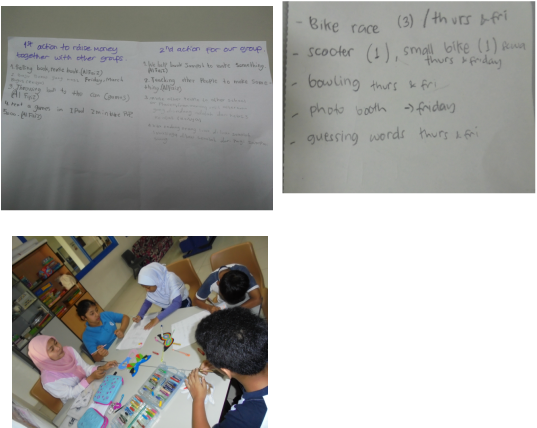
What is UMKM? What is the back ground story of UMKM? Why do government very concern about micro and small industry?
supporting source :
http://www.depkop.go.id/attachments/article/129/259_KRITERIA_UU_UMKM_Nomor_20_Tahun_2008.pdf
http://www.koperasiukm.com/tag/latar-belakang-berdirinya-koperasi-indonesia
creative article:
http://studentpreneur.co/empat-anak-muda-ubah-sampah-menjadi-barang-mewah/
We complied all data that we found during field trip and also from supporting source.
Household waste is actually the most widely produced every day. But the fact of the waste can still be worn and used by creative when separated according to their raw materials. From observation and finding data, we just knew that we can do something from our waste and it's also able to make money.
We were thinking, what will you do as your action? How to organize your action? Who are the target of your action?
The discussion started from Al and Raisya in library.
The plan has changed. We agreed that we will do:
1. Bike race
2. Word game
3. Bowling
4. Recycle photo booth.
Those games are for fund raising.
Going further
|
|
What would you like to learn
more about? Why?
What will you do first/next? Alhamdulillah, the plan went smoothly. 2 days fundraising action we can get initial capital for our action later. As you can see, beside here are the pictures of fundraising activities. |
Conclusion
How will we present the learning process? Why do we should share our knowledge?
What is the interesting thing you have learn?
What do you think we learn this topic?
How would you do this differently next time?
What is the interesting thing you have learn?
What do you think we learn this topic?
How would you do this differently next time?
Taking action
What will do for action? How do people know that we achieve the learning target?
What have you learn that you can now use in your everyday life?
What are your plans now?
How can you apply this knowledge/ skill in your everyday life?
What do you want to do as a result of your learning?
Alhamdulillah, we were done with our action in around Bango. Communities were cooperative and support our action by involve creative industry, Lurah and ibu-ibu around Bango 2.
What have you learn that you can now use in your everyday life?
What are your plans now?
How can you apply this knowledge/ skill in your everyday life?
What do you want to do as a result of your learning?
Alhamdulillah, we were done with our action in around Bango. Communities were cooperative and support our action by involve creative industry, Lurah and ibu-ibu around Bango 2.

